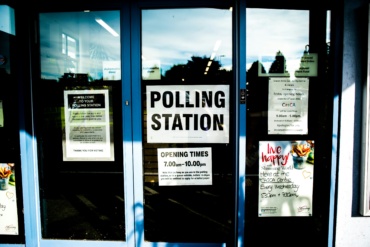In today’s digital age, verifying documents online has become an essential process for businesses and individuals alike. Whether you’re applying for a job, renting a property, or conducting business transactions, ensuring the authenticity of documents is crucial to prevent fraud and maintain trust. For UK residents and businesses, knowing how to verify documents online securely and efficiently is vital.
Why Verify Documents Online?
Document verification helps confirm the legitimacy of important papers such as identity documents, certificates, contracts, and more. Traditionally, this process was time-consuming, requiring physical inspections or notarisation. However, online verification platforms now provide a faster, more secure way to validate documents remotely, saving time and reducing the risk of forgery.
Steps to Verify Documents Online
-
Choose a Trusted Verification Platform
The first step is selecting a reputable service that specialises in document verification. In the UK, VerifyOnline.co.uk offers a comprehensive, secure platform designed for hassle-free document authentication. -
Upload Your Documents
Once registered on the platform, upload the documents you need to verify. This could include passports, driving licences, educational certificates, or legal papers. Ensure the scans or photos are clear and legible to avoid delays. -
Secure Verification Process
VerifyOnline.co.uk utilises advanced encryption and verification technologies to cross-check documents against official databases and records. This process helps detect any alterations or fraudulent details quickly. -
Receive Verification Results
After submission, you will receive a detailed report confirming whether the document is genuine or flagged for discrepancies. The turnaround time is generally fast, allowing you to proceed confidently with your transaction or application.
Benefits of Using Online Document Verification
-
Efficiency: Instant access to verification results speeds up hiring, renting, or business dealings.
-
Security: Advanced encryption ensures your personal data and documents remain confidential.
-
Convenience: Complete the entire process from the comfort of your home or office.
-
Accuracy: Access to up-to-date government and institutional records improves verification accuracy.
-
Compliance: Helps businesses comply with legal and regulatory requirements regarding identity and document checks.
Who Can Benefit from Online Document Verification?
-
Employers conducting background checks on new hires.
-
Landlords verifying tenant identity and eligibility.
-
Educational institutions confirming certificates and qualifications.
-
Financial services performing identity verification to meet anti-fraud regulations.
-
Individuals wanting to verify documents before important transactions.
Conclusion
Verifying documents online is now an indispensable tool for maintaining security and trust in a wide range of scenarios. Platforms like VerifyOnline.co.uk make the process straightforward, reliable, and quick for UK users. By adopting online document verification, you can safeguard yourself and your business from fraud while saving valuable time.









